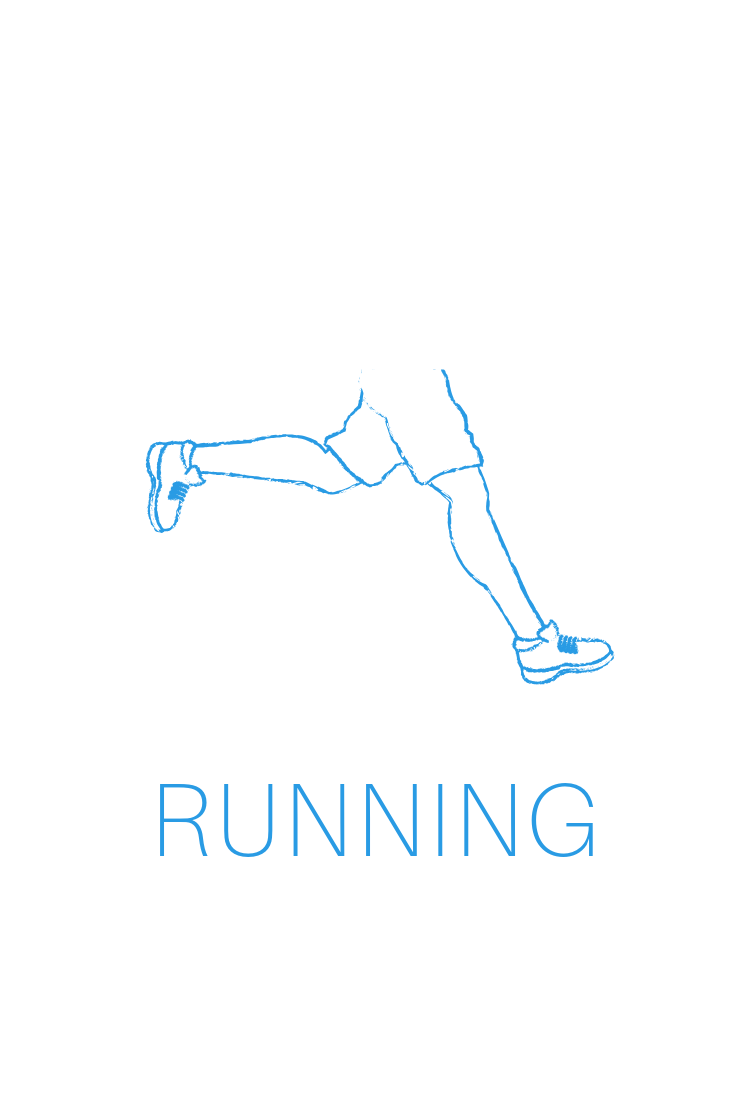We Are Living Longer, But Are We Living Better?
Although life expectancy is increasing across world populations, our poor health is compromising the quality of these extended years.
In a 2018 report by the Australian Institute of Health and Welfare, it was found that as our population ages, the number of us living with chronic diseases is increasing, and the extra years we are gaining are marred by ill health. We appear to be moving to a world where it is expected that we will all experience disease, functioning loss, and disability before we die.
The number of older people who have at least four different medical conditions is set to double by 2035. Conditions such as dementia, depression, alzheimers, heart disease, arthritis and diabetes are all on the rise. Two-thirds of current added life expectancy (approx. 3 years) will be spent suffering from these ailments. The care requirements for an ageing, unhealthy population places great strain on our medical systems and families as they support the older generations both physically and financially.
Professor Sanchia Arand, the chair of the Chronic Disease Prevention Alliance in Australia, said that a third of chronic diseases are preventable. A significant proportion of conditions are caused by high body mass, poor diet and physical inactivity. Professor Arand laments the increase in processed food, decrease in movement and loss of social connections as factors contributing to the ill-health of our ageing population.
We can reverse this trend.
During our recent trip to New Zealand we stopped in Dunedin for the obligatory walk up the steepest residential street in the world. Baldwin Street is 350m long which may not sound like much, but at a gradient of 35%, every step is an effort. As we puffed our way up the street, I couldn’t help but notice an older lady making her way along beside us at a very respectable pace. We got to chatting, and I found out that she is 88 years old, and this was the 16th time she had walked up the street. Very, very cool.
In our neighbourhood there is an elderly man who lives at the bottom of a steep hill. Every single day you will find this man walking up the hill around a loop and back again countless times a day. He isn’t winning any prizes for speed (and is affectionately known as Mr Shuffles) but he is out there day and night, in rain and heat. In one day I saw him on his loop track at 7am, again at 2:30pm and then again that evening at 6:15pm. He is awesome.
Coincidently, both these examples of people who are ageing well involves hills. I am not advocating that you need to walk up a hill every day to stay well (although it wouldn’t hurt!), rather demonstrating the fact that age should not be a barrier. The way we live today will have an incredible impact on the way we age. Let’s aim for a longer life of quality and purpose.
How To Live Well For Life:
Be consistent
Move every day
Sleep 8 hours a night as often as possible
Eat fresh whole foods (eat like your grandmother)
Live in community
Find your purpose
“Genetics loads the gun, lifestyle pulls the trigger.”
By Angie Black
Hey! I’m Angie. I’m passionate about fitting exercise into your life, for the rest of your life.
BLOG CATERGORIES:








